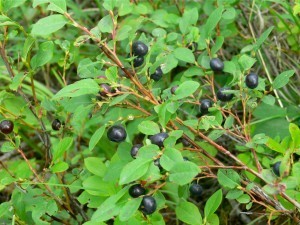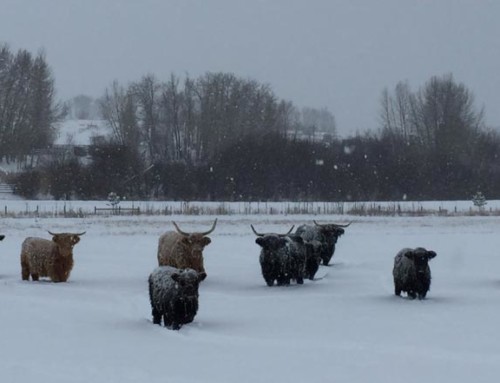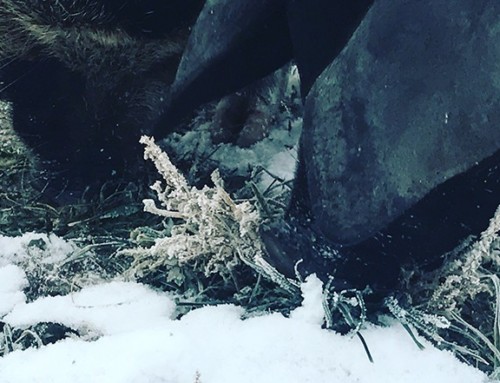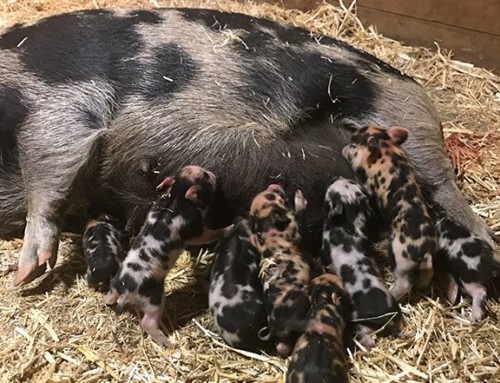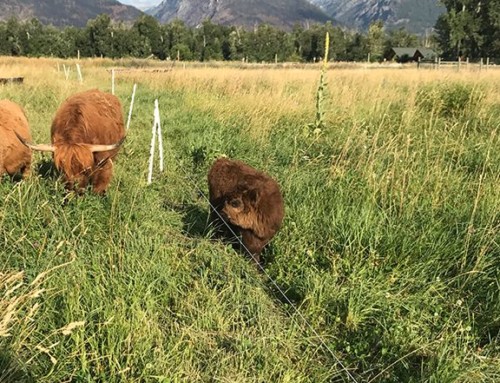I have discovered few flavors finer than ripe Montana huckleberries fresh off the bush when the little juicy gems are in season here in, “The Treasure State.” The experience is further enriched by the fact that huckleberries grow out in the wild, and one must seek them out, keeping in rhythm with the seasons, and capturing the opportunity to gather some of the delicious fruits in what feels like a far too brief season. Then again, the brevity of the season, and the effort required to harvest them, is part of what makes them so sought after and valued.
When one wanders in the woods, or meanders through meadows searching for plants or fungi for food, herbs, or medicine, one is engaging in the ancient practice of wildcrafting. Wildcrafting rewards those willing to venture out where these uncultivated, valuable plants thrive in the wilderness. However, one may also wildcraft in more developed areas as well, whether it be a vacant lot in town, or along the trails of a city park. A watchful eye may discover useful plants that can provide unique and useful harvests for those so inclined.
Wildcrafting can also be habit-forming! Once one has experienced the rich flavors available in wild huckleberries or morel mushrooms, they may become more adventurous with their wild food choices. I myself have learned to appreciate “weeds” like dandelion, purslane, plantain, mallow, lamb’s quarters, nettles, and more, as these hardy pioneer plants are typically medicinal-grade food due to their nutrient-dense vegetation. I have also experienced an ever-increasing sense of security in learning about more and more uncultivated varieties of edible and medicinal plants and fungi, as I can see all the food available as I walk around observing the bounty provided by nature.
While I fully advocate for people to begin wildcrafting as a fun way to supplement their diets and enjoy the natural world, I would also like to encourage a few points of conscientiousness for the aspiring wildcrafter. First, make sure you either go with an experienced wildcrafter, or study some wild edibles books with good plant and fungi identification tips before consuming your first wildcrafted fare. While nature does provide some fantastic edible delights, there are also poisonous plants and mushrooms out there to be aware of. Second, please engage in sustainable, respectful harvesting of the abundance provided by the wild places, leaving things intact for future generations and being mindful of your searching and harvesting process as well. Last, when harvesting in areas more inhabited, I would caution against consuming anything from areas known to be sprayed with chemicals, or even double-checking to make sure the area isn’t sprayed in order to safeguard against ingesting chemical-laden foods. Have fun, and enjoy the harvest you didn’t have to plant, water, or manage!
Blessings,
Grant

